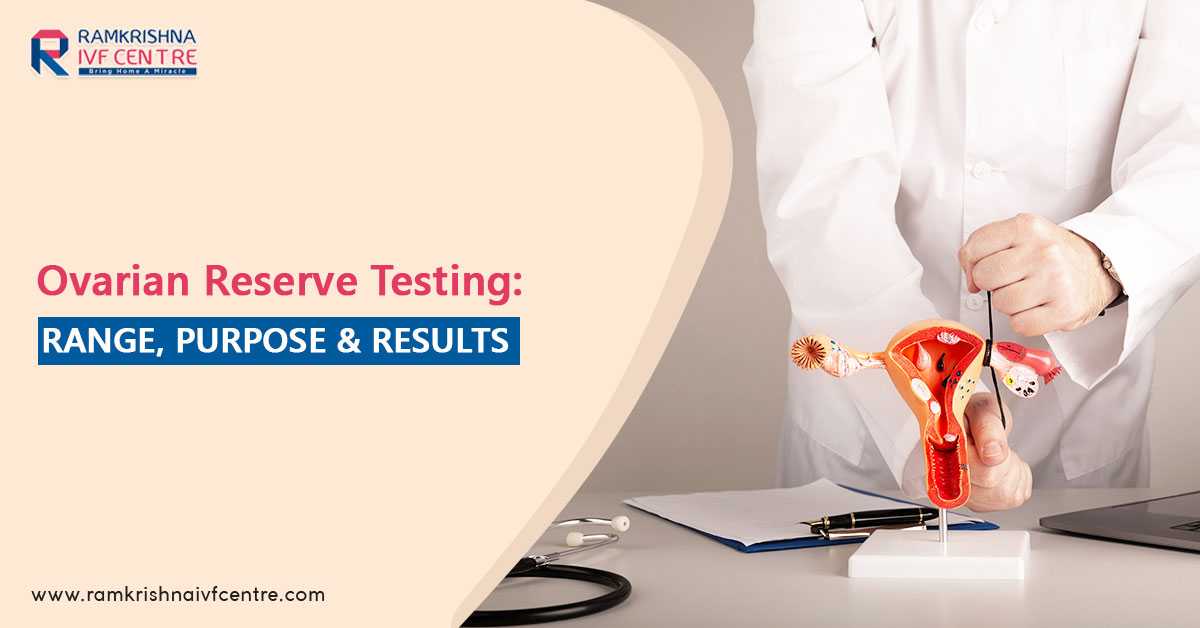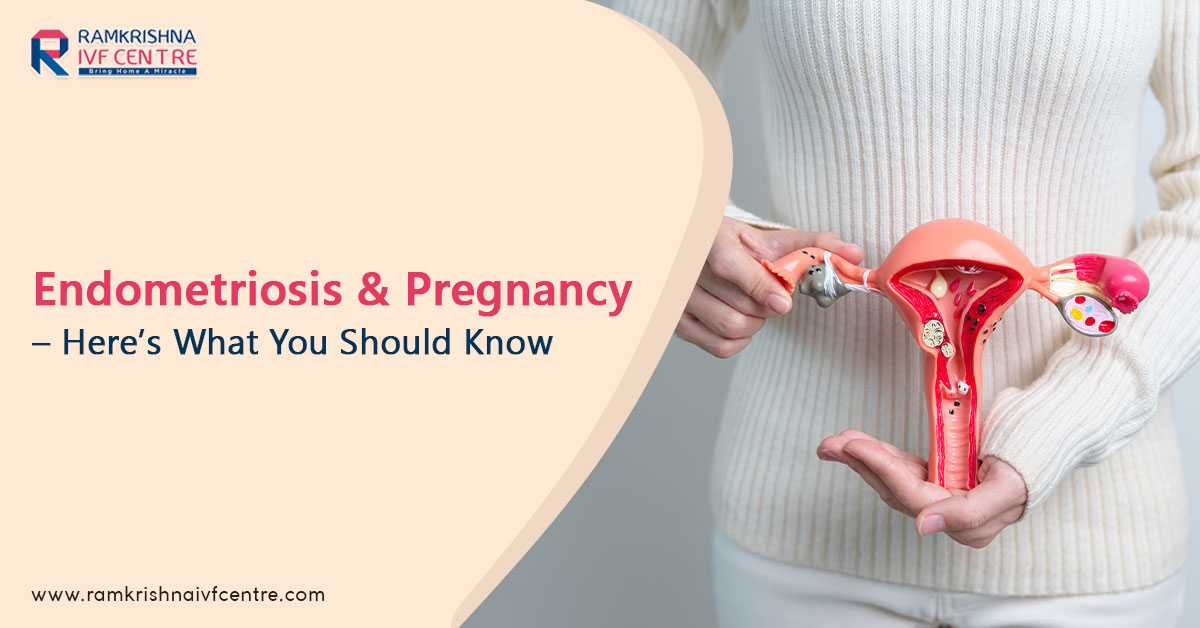Ovarian cysts are not uncommon during gestation, especially early pregnancy. Most ovarian cysts tend to resolve after the first 14-16 weeks of gestation. Corpus luteum cyst is the most frequent type of ovarian cyst during pregnancy. It’s a normal, and harmless, fuild-packed mass in your ovaries.
The majority of ovarian cysts in pregnancy are noncancerous or benign and resolve without complications. And, it’s rare to diagnose malignant ovarian tumors during gestation. You might consult the best maternity doctor and infertility specialist in Siliguri city. Medical attention is of immense importance for the prevention of conditions like rupture and twist of an ovarian cyst.
Insights into ovarian cysts and pregnancy
During pregnancy, expectant mothers may encounter ovarian cysts. These fluid-filled sacs are less likely to affect fertility. Receive high-end fertility treatment in Siliguri. With proper management and monitoring, healthcare providers effectively minimize risk to both the mother and the developing baby.
These cysts can vary in size and type, ranging from small, medium, and large in size and are generally benign cysts. While functional cysts, which typically resolve on their own, and pathological cysts require medical intervention.
More commonly ovarian cysts during pregnancy are asymptomatic and are examined incidentally during routine prenatal ultrasounds. However, some women may experience symptoms such as abdominal pain, stomach discomfort, bloating, pelvic pressure, and vomiting. It's essential for pregnant women to report their healthcare provider promptly upon experiencing any such signs. Prominent discomfort or pain occurs with the rupture of a cyst.
Management of ovarian cysts during pregnancy
There are a few possible concerns if the cysts continue to grow throughout your gestation. Without expert attention and care, they might rupture, twist, or even cause problems during childbirth. Vital to stay under the care of an obstetrician or OB-GYN (obstetrician and gynecologist) during your pregnancy.
For women with polycystic ovary syndrome, there might be an elevated risk of gestational diabetes (diabetes during pregnancy), pregnancy-induced high blood pressure (preeclampsia), miscarriage, preterm delivery, etc.
Be sure to treat yourself under your OB/GYN. Your obstetrician will let you know about your risk and effective medical care and assistance to reduce the potential risk optimally. Reach out to the best maternal expert and infertility specialist in Siliguri city.
Whether ovarian cysts or other types of cysts during pregnancy should be accurately monitored and treatment should be given based on health needs. Patients might need open surgery or laparoscopy. A doctor will decide if the wait-and-see strategy will be ideal initially or if surgical intervention is required immediately.
Ob-gyns are there for routine health monitoring, counseling, and support. Make sure not to take any pain medicine without consulting your specialist/maternal expert. An individualized maternal diet plan will be provided along with lifestyle guidance to keep your gestational well-being in a good state.





